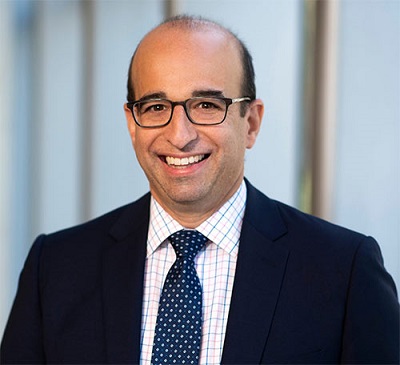Broadband Without Boundaries welcomed representatives from more than 25 Wireless Internet Service Providers Association (WISPA) member companies on Capitol Hill for the association’s annual day of advocacy.
During the day-long event, WISP operators and broadband solutions providers met with more than 50 legislators and discussed how WISPs connect millions of Americans with reliable broadband service.
During the meetings, the WISPA members urged Congress to support policies that encourage small companies like WISPs to help bring connectivity to all Americans, regardless of location.
WISPA represents the interests of the evolving internet service provider ecosystem: small, innovative entrepreneurs who provide fixed broadband solutions to consumers, businesses, first responders, and community anchor institutions.
WISPs serve 9 million Americans in unserved, under-resourced and Tribal territories of the country, offering cost-effective, competitive and innovative service options where they did not previously exist.
These companies use a variety of technology – such as fiber; and exclusive use licensed, licensed-by-rule .and unlicensed wireless spectrum – to deliver reliable broadband.
During the congressional meetings, WISPA members laid out four top priorities calling for:
- Where needed, targeted subsidy programs that expedite broadband deployment to unserved locations in a technology-flexible and cost-effective manner.
- Balanced spectrum approaches to ensure that small providers have a fair shot at accessing airwaves that are critical building blocks for fast, reliable broadband.
- Fast and fair access to infrastructure for broadband deployments no matter the location, whether Federal, state, municipal or private.
- And, should they be necessary, laws and regulations that are right-sized for small companies.
“Our members want Congress to support policies that are tech-flexible and invite diverse solutions to answer our toughest connectivity challenges,” said Matt Mandel, VP of Government Affairs for WISPA. “Achieving this ensures connecting more Americans faster, more cost-effectively and with less waste.”
WISPA says too many Americans lack broadband, so the day of advocacy gives the organization an opportunity to lobby for its goals to persuade government actors to become more actively involved to narrow or eliminate the lingering gaps.
However, programs like the National Telecommunications and Information Administration’s Broadband Equity, Access, Deployment (BEAD) Notice of Funding Opportunity (NOFO) have strayed from congressional intent and, in a practical sense, have greatly inhibited state flexibility in eradicating the divide. The program’s breadth, complexity and rigid technical limitations significantly constrain who and what can be used by states to close the gap, essentially sidelining small ISPs like WISPs that are core participants in bringing connectivity to communities that lack reliable broadband.
“WISPs are integral to their communities’ continued prosperity,” Mandel said. “Congress must make sure that policy, law and regulation work to foster that vital partnership. WISPA is excited to have our members up here on Capitol Hill, putting a ‘human face’ on an industry that makes millions of American lives better.”










